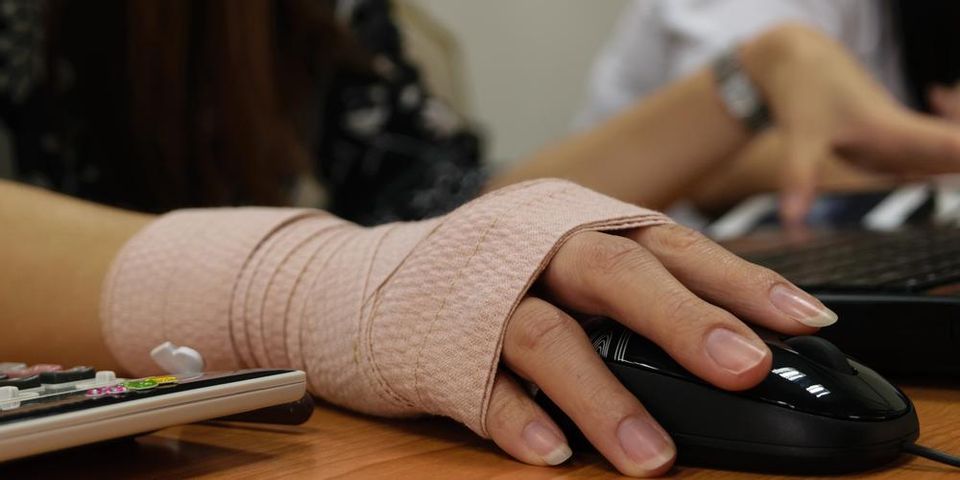
What happens when someone pursues a personal injury case, such as a slip and fall or an auto accident? Once a lawsuit starts, it takes months, and sometimes years, before the process ends. There are several steps that occur between filing a lawsuit for damages and obtaining a settlement or jury verdict.
Stages of Personal Injury Lawsuits
Lawyer Meetings
 Your personal injury or auto accident lawyer gathers information from you about your accident, injuries, and losses. The lawyer explains the legal procedure, assesses what the claim is worth, and discusses the potential strengths and weaknesses of the case.
Your personal injury or auto accident lawyer gathers information from you about your accident, injuries, and losses. The lawyer explains the legal procedure, assesses what the claim is worth, and discusses the potential strengths and weaknesses of the case.
Complaint
To start the lawsuit, your attorney prepares and files a complaint with the court on your behalf as the plaintiff, the person injured. The document states the basic facts, laws that apply, and asks the court for an award of money damages from the defendant, the person or entity being sued.
Answer
The defendant is served with the complaint and a summons, which gives a specific date to file a written response, called an answer. Defendants may file claims against plaintiffs—these are called counterclaims.
Discovery
Discovery is the legal process of obtaining facts, documents, or materials from the people involved in the case. Lawyers may take the plaintiff’s or defendant’s depositions, which is a testimony given under oath. The attorneys may also send interrogatories, written questions, and requests to produce documents or objects.
Motions
After discovery, lawyers often file motions to dismiss or for summary judgment. Courts grant these motions if there isn’t enough evidence to support a claim, or if the law and evidence are so clear that one or more issues in the case must be decided in favor of the plaintiff or defendant without a trial.
Settlement
The majority of personal injury cases settle without a trial. Skilled personal injury attorneys negotiate settlements that benefit their clients and eliminate the risk of adverse trial verdicts.
Trial
Jury trials start with picking a jury. The lawyers make opening statements, conduct direct and cross-examination of witnesses, and may present physical evidence. Then, the attorneys give closing arguments, and the judge instructs the jury about the law. The jury deliberates, which is a private discussion of the law, testimony, and evidence, and reaches a verdict in favor of the plaintiff or defendant.
Based in Hartford, CT, Weingast Law provides zealous, effective representation in personal injury and wrongful death lawsuits. Call (860) 233-1440 to schedule an appointment with a skilled attorney to discuss your claim and visit the firm online to learn more about the practice areas they specialize in.
About the Business
Have a question? Ask the experts!
Send your question

